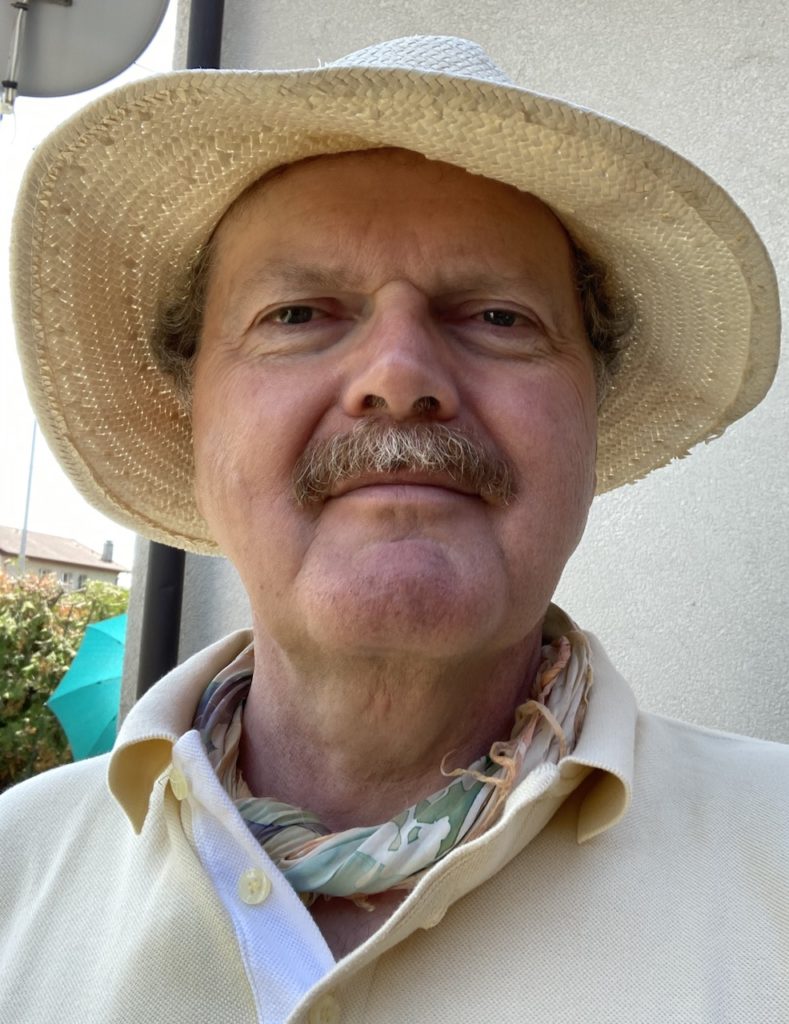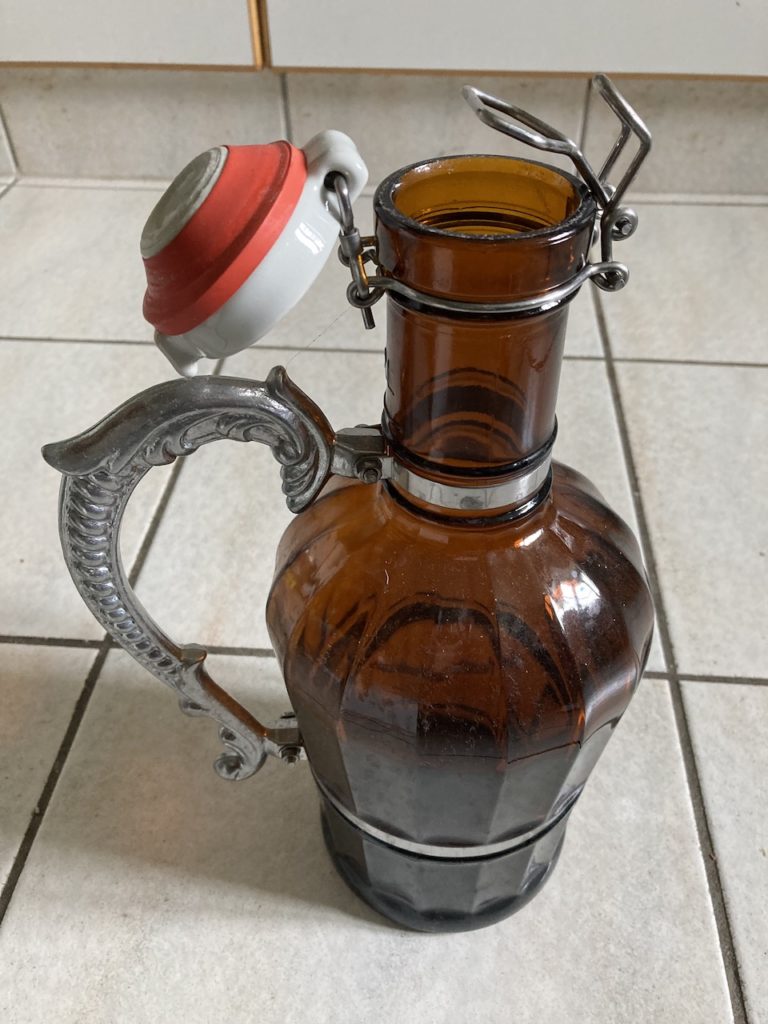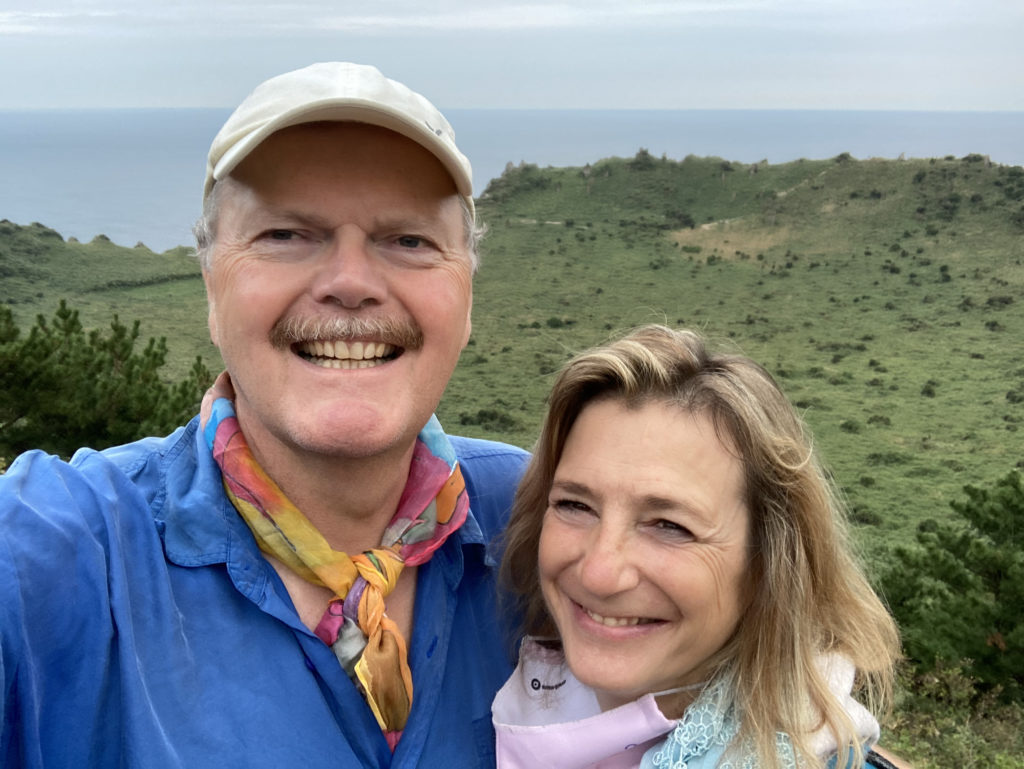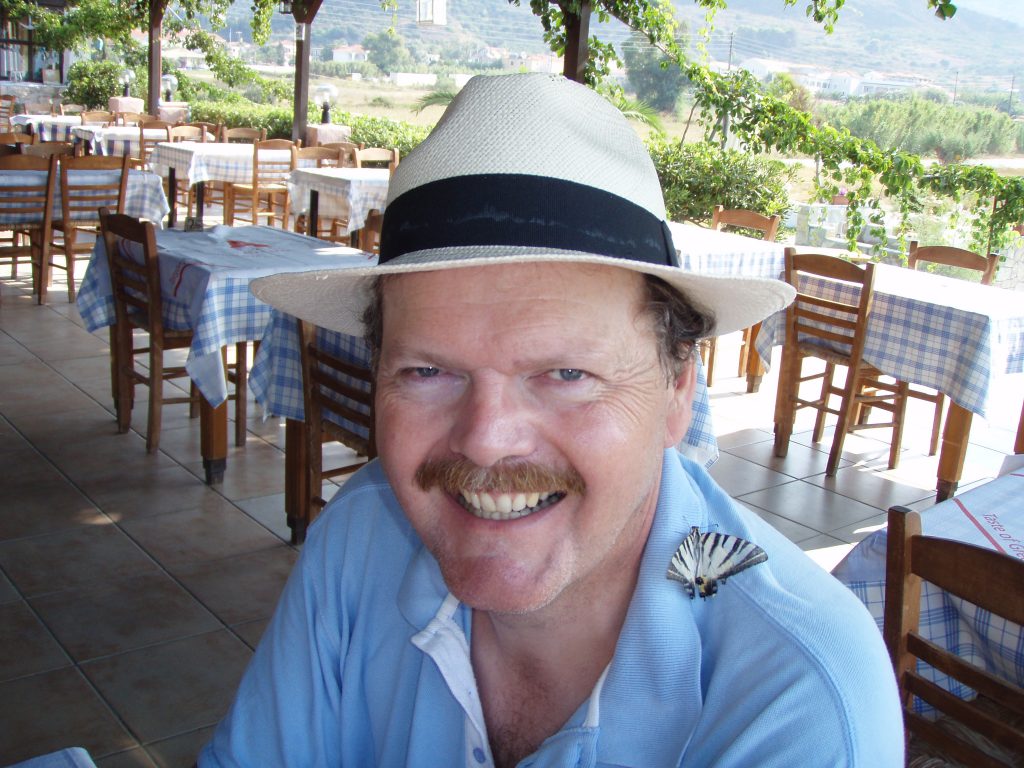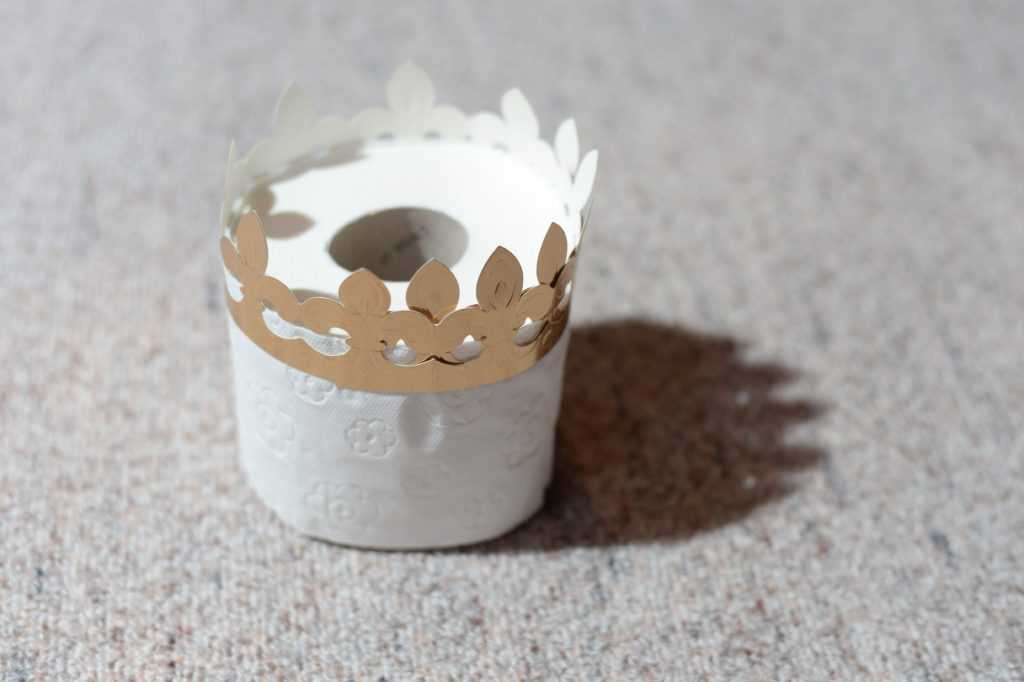
Photo by Jose Francisco Fernandez Saura
Advertising, like synthetic sugar, is ubiquitous.
It is also a terrible waste of our precious time.
As I have written before, our current society has got it wrong. The most important commodity apart from health is not money but time. Money we can earn again. Time we cannot.
One of my early memories was when my father bought a black and white TV in 1963. I was seven years old. We were the last household in the road to get TV. I still remember the shock in our house and almost everywhere else when the news came on about JFK’s assassination. It was as if hope died for many people that day.
The TV had limited programmes on two channels, BBC and ITV. Pretty soon there were two more channels. We avoided the ITV channels as much as possible because my mother didn’t like the adverts. Rightly so, in retrospect.
I watched a lot of TV as a child, but all that stopped when I went to university and apart from two very brief phases, I have not had a TV during my adult life. One time when I admitted to a class I was teaching that I did not have a TV, a kid said, “Sir, you don’t have a life.”
I beg to differ.
Creating a distance from TV has enabled me to see the sheer time-wasting aspect of the medium. A two hour film takes three because of the advertising. I observe that many people will look at a programme because they are really waiting for the programme after. And some people just leave the thing on all day because “it’s company.” It’s a poor substitute for real human interaction.
My wife and I travel a lot and my only experience of TV over the last three decades has basically been in hotel rooms. But even there, the novelty of having a TV for a few days has long dried up and now I don’t even bother to turn the TV on in a hotel unless it has a Netflix button.
For, yes, I have a Netflix subscription. I love films. I have even made some myself. But the difference between Netflix and TV is that you choose what you want to watch and there are no adverts. So you are not wasting your time watching things you do not want to see.
In recent years, I have done everything in my power to eliminate advertising from my life. Apart from Netflix, I have a Premium subscription to YouTube so no adverts there. I also have an online subscription to a newspaper and an ad blocker on my computer.
Of course, my email inbox is flooded with all kinds of messages trying to get me to part with my money for this, that and the other, but there is no obligation to click on these and look at them. I long ago stopped wiping out unwelcome messages because that too was ultimately a waste of time. You got rid of five and fifty more would arrive.
So the few times that I get caught with an advert in a captive situation really make me angry. I am amazed at the way other people seem to think this is perfectly normal. It isn’t and shouldn’t be. Recently, there was a shuttle train at an airport with an advert for EasyJet. Then the advert for a charity on an airplane – yes, that’s still an advert. And then visuals in daily surroundings, but these only cost a glance and are not time-consuming.
My reaction to advertising these days is as strong as an ex-smoker’s reaction to smoke. And I would maintain that that is as it should be. Time is precious. I do not pretend to be as efficient as I would like in my use of it, but at least I do not allow advertising to waste it.
Just as cutting out or substantially reducing your consumption of sugar enables you to really taste it and understand how ubiquitous it is, so a break from advertising might enable you to see it for what it is: an unnecessary drain on your precious time. Might be worth a try.
May your life never become an endurance test.
Love
Richard
